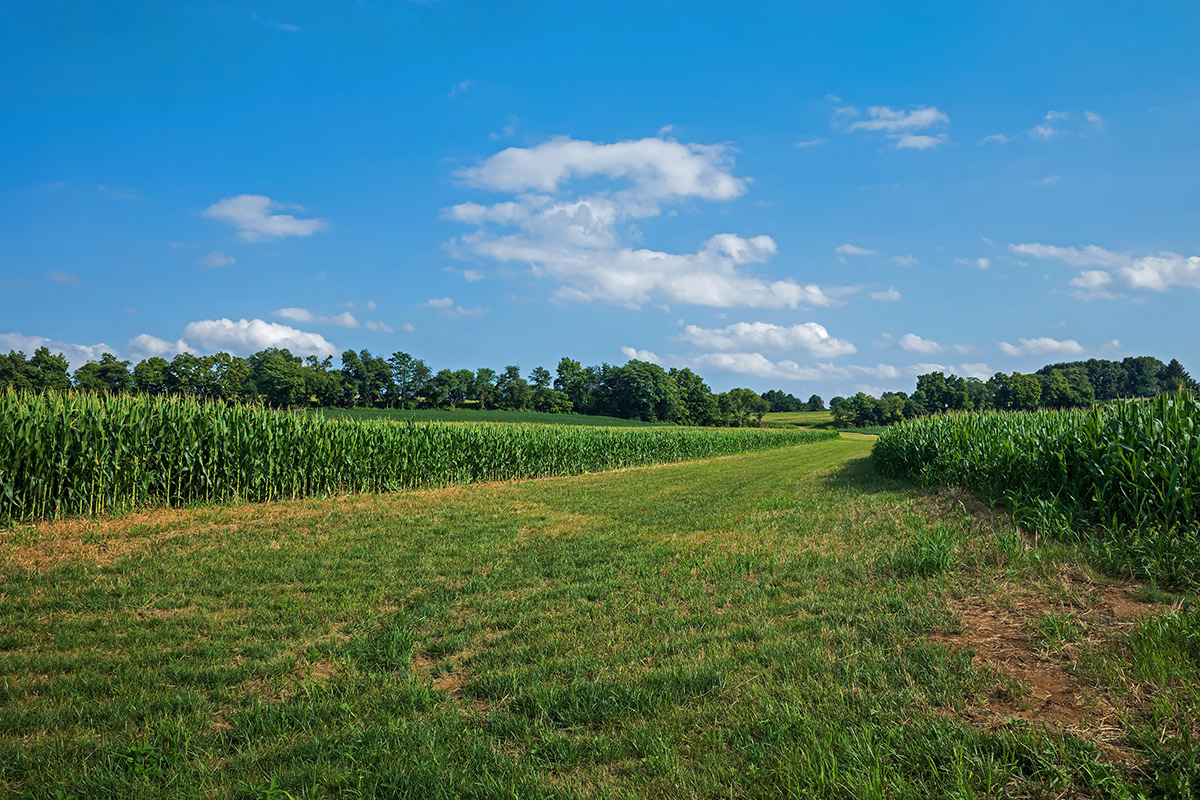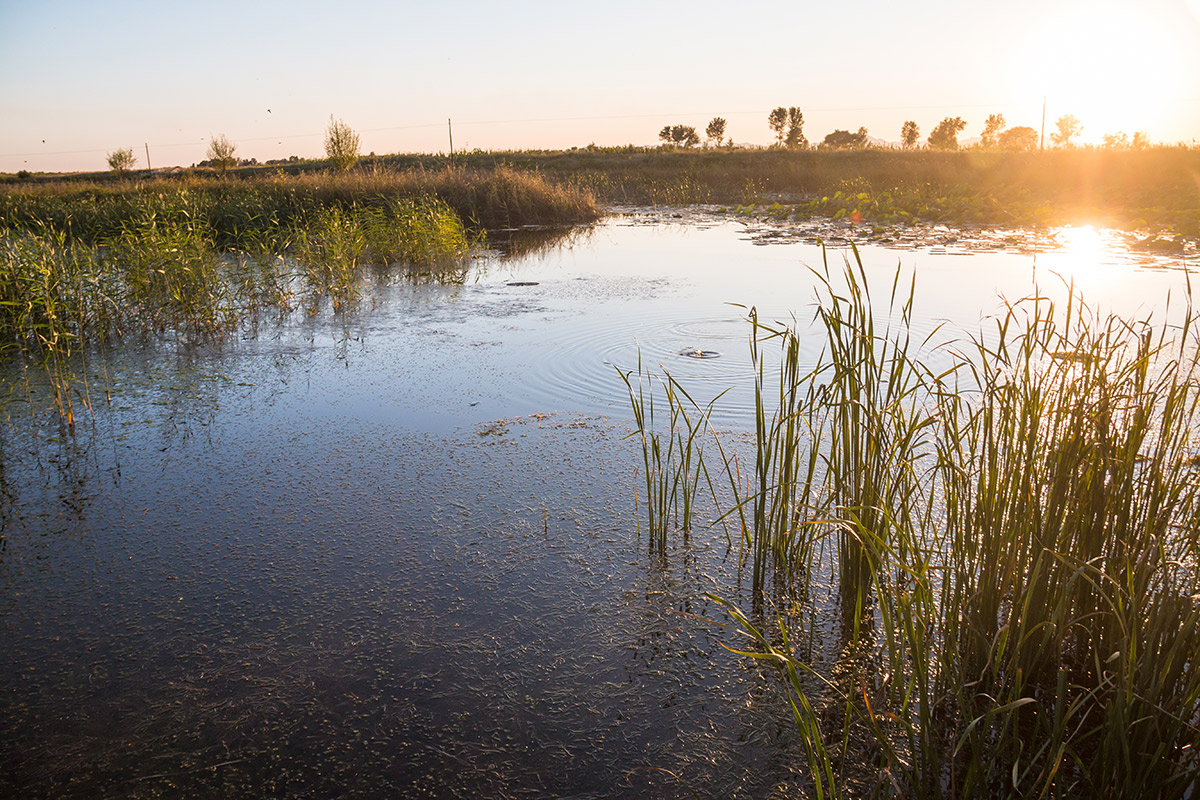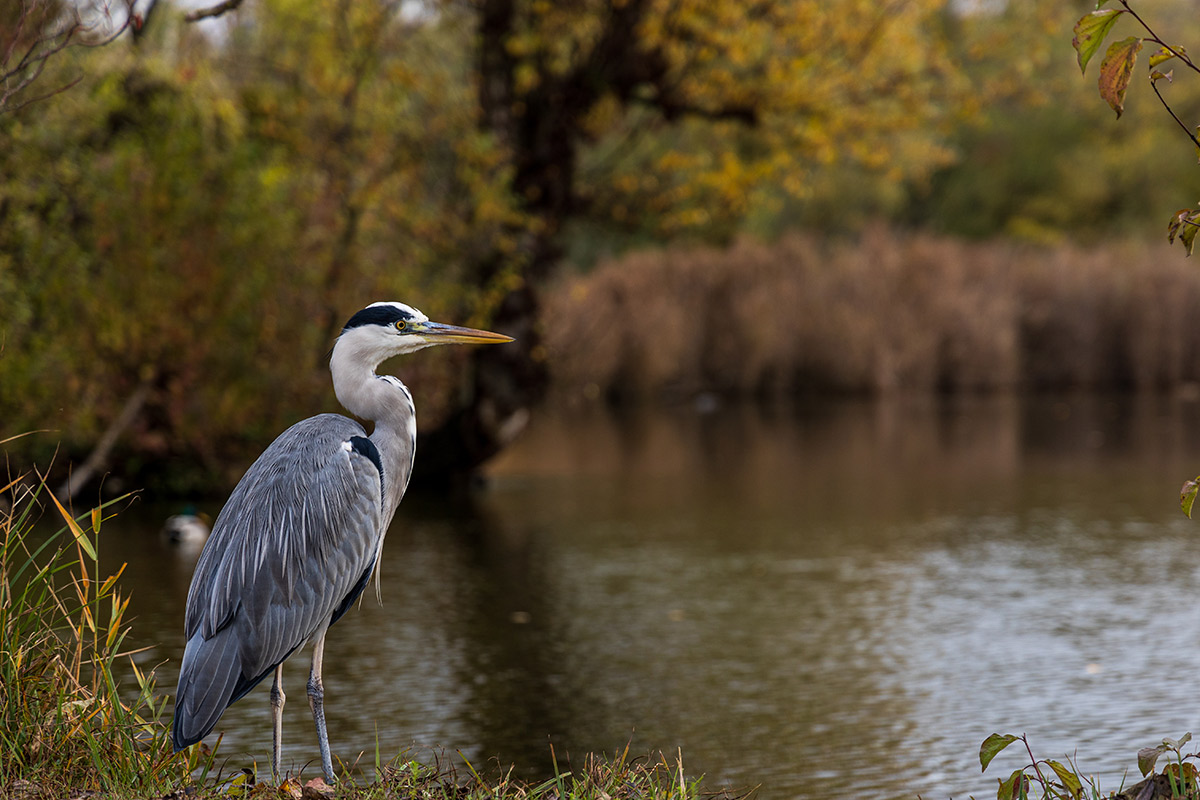BLOG

The Benefits of Biochar
When added to soil, biochar can bring numerous benefits to your land. An organically produced amendment, biochar has been used for thousands of years to enhance soil and generate better crop yields. Its unique, porous texture provides abundant opportunities for enriching vulnerable soil and keeping it healthy over the long term. Today, as farmers look

How Do Conservation Buffers Benefit Your Land?
When you enroll in the Conservation Reserve Program (CRP), there is a long list of conservation practices, or CPs, that you can put into action to improve the condition of your land. One of the most common CPs is known as a conservation buffer. Conservation buffers, also called buffer strips, can not only enhance your

What’s the Difference Between CRP and CREP?
Considering signing up for the Conservation Reserve Program (CRP)? You may notice there are other initiatives, like CREP or CCRP, that are also open for enrollment. These offshoots of the main CRP program typically focus on more specialized conservation goals. CREP, or the Conservation Reserve Enhancement Program, is an offshoot of CRP that takes a

How Does Biochar Increase Soil Fertility?
In the battle to combat climate change, farmers and governments are turning to alternative energy sources like biochar to help. A product of biomass heated through a process called pyrolysis, biochar is an organic charcoal that not only benefits the environment but improves your soil as well. Due to its impressive ability to sequester carbon

What’s New in CREP for Illinois Landowners in 2022
In 2022, the Conservation Reserve Enhancement Program (CREP) returned to the state of Illinois. As part of the Conservation Reserve Program (CRP), CREP identifies the highest-priority conservation goals in the state. From there, participants are provided with federal and non-federal funds to carry out Conservation Practices (CPs) to fulfill those goals. Since 2015, enrollment in

What is the State Acres for Wildlife Enhancement (SAFE) Initiative?
With the goal of restoring wildlife habitat, the State Acres for Wildlife Enhancement (SAFE) Initiative is an integral facet of the Conservation Reserve Program (CRP). While CRP focuses on conservation efforts as a whole, SAFE aims specifically to protect vulnerable wildlife species from endangerment and extinction. To do so, it focuses on establishing robust, native
